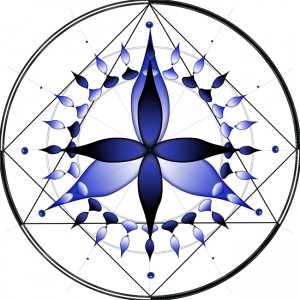Responding to Jonathan Allan
Thank you so much for your post, Jonathan.
This may be tangential to your intent, but this post revealed to me why I am wrong to insist so strongly on the word convention instead of archetype. Literature and the verbal imagination develop not in a single society but in many relatively or absolutely separate societies at once. Conventions are rooted in their culture of origin and thus bound to their society and to connecting societies, but archetypes are rooted in the nature of human beings and the human verbal imagination, and therefore are not restricted by social boundaries. Archetypes certainly become conventions, but they clearly have roots that are deeper than the particularity of the society they manifest in.
I suppose the same could be said for many kinds of conventions, not just literary. It is certainly possible to have purely arbitrary conventions (like weights and measures), but human nature often plays a role in forming conventions. And so it is not just that archetypes often become literary conventions, but that even non-literary conventions are, in a sense, archetypal.
Is it possible that the claim that literature is archetypal boils down to the claim that the conventions of literature are rooted in human nature? I suppose Frye would complain that such a formulation reduces literature to something non-literary. Perhaps what you need to add is the recognition that human nature is not static but actually develops and grows in contact with civilization and culture, so that there is a symbiotic relationship that develops between human nature and the verbal imagination, both growing together. And so the archetypal nature of literature is really its permanent bilateral relationship with human nature.
In any case, I think we should actually encourage archetype spotting. Obviously such projects can’t be the end of criticism, but they are a quantum leap ahead of archetype ignoring.


I’m more convinced this morning than I was last night that human nature depends on archetypes as much as archetypes depend on human nature. If someone told us that we had to stop eating bread and instead content ourselves with protein packets, we would recognize that a part of our humanity was being taken away. Human beings create the symbol to represent something necessary and then come to need the symbol for its own sake.
My marriage is an example of this. If you give me all the legal rights of marriage, but take away my marriage, you are taking away my humanity. The symbol itself is necessary. Human nature is not static, nor does it change arbitrarily, but it grows. And as it grows, human beings become more and more dependent on their symbols. Hence the spiritual dimension of primary concern.